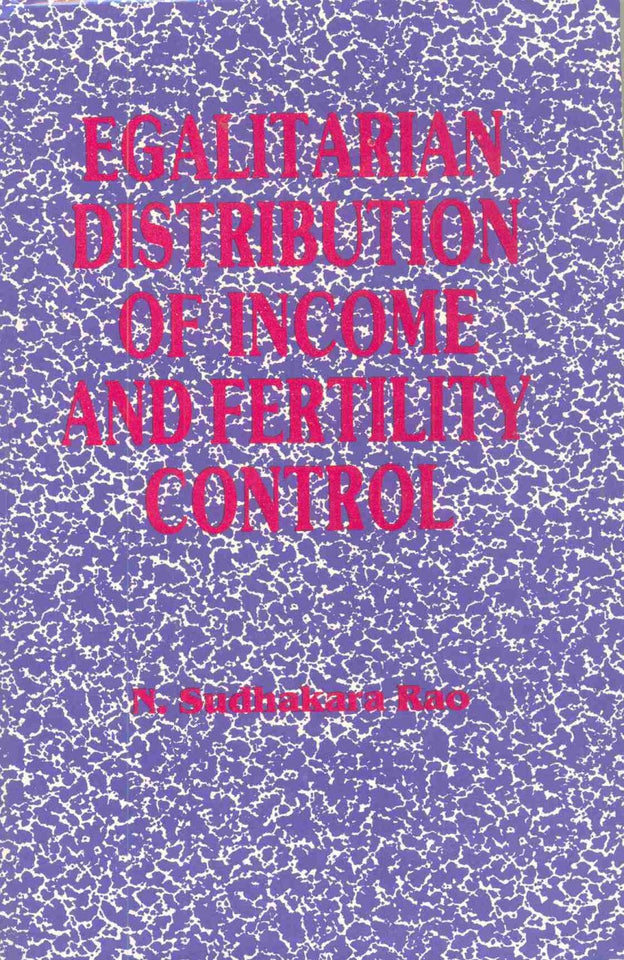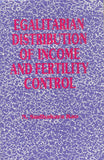Egalitarian Distribution Of Income And Fertility Control
Regular price
Rs. 360.00
The book provides a rich, in-depth and perceptive analysis in quantitative terms of the long-term trends in distribution of income for 80 countries, since 1956. The study revealed that the developing countries can achieve a reduction in fertility with their existing levels of per capita income provided there is redistribution of income in favour of the poor, followed by an improvement in the social conditions such as health, education etc. The study is based on cross-section data collected for 80 counties covering the period 1956-78. Time series data for 40 countries, covering the period 1952-78 were also used. The study also revealed that fertility is significantly and positively related with inequality in the distribution of income. It is also observed that saving and efficiency, the two requisites of growth, are not likely to be affected by more equality in the distribution of income. The study has suggested various redistributive policies that can bring about equality and at the same time help for the reduction in the fertility level. Suggestions are made in the present study for such policy measures which can be applied for developing countries. The study is a significant contribution in the field of demography and income distribution. The study is a new development to the existing theories of population growth. This new theory provides a solution to the crucial problems of development such as population growth and income inequality simultaneously.
Guaranteed Safe Checkout





